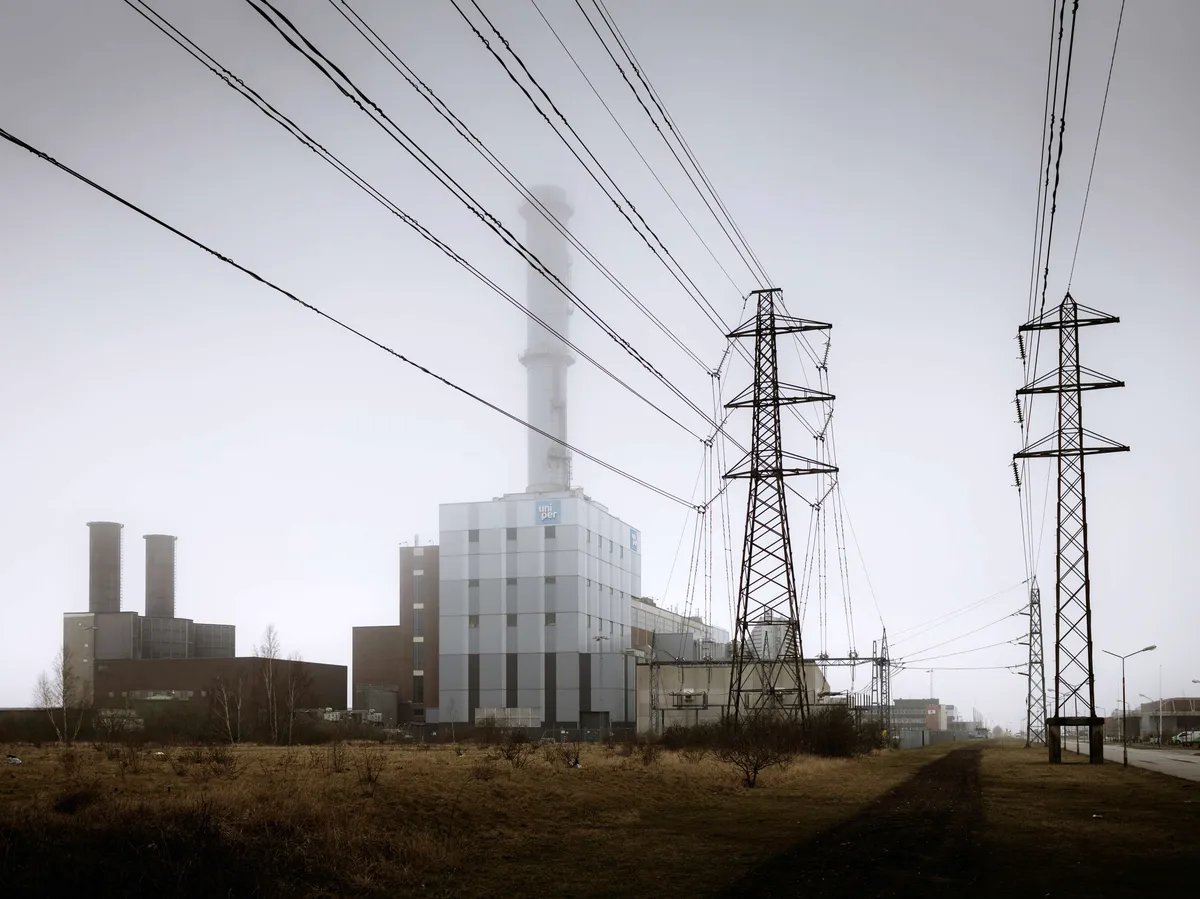In the northern harbor of Malmö, a red brick building with gray cooling towers stands as a symbol of Sweden’s preparation for an uncertain future. Once slated to be dismantled and transferred abroad, the decommissioned power plant located near Juutinrauma beach was repurposed due to Sweden’s reassessment of its security in light of the war in Ukraine.
Sweden’s capital, Stockholm, is closer to St. Petersburg than Berlin, and the country has been on alert since Russia annexed Crimea ten years ago. Now, with a Russian president who has become increasingly daring as a neighbor Vladimir Putin, and the newest member of the defense alliance NATO, Sweden must be prepared if some kind of conflict spreads through the Baltics.
The Swedish grid operator wants to return the power plant known as Juutinrauma power plant located in Malmö to operational readiness, so that the lights will stay on in Malmö, Sweden’s third largest city, if there is a shock to Sweden’s electricity production that causes widespread power outages. “I hope we don’t end up in a situation where we have to start the power plant,” says Mikael Nilsson, power plant manager.
When the Cold War ended, Sweden believed in the permanence of peace and reduced its armed forces. Now, in addition to its armed forces, it must strengthen its civilian infrastructure such as ports, roads, railways hospitals and shelters. Sweden’s geographical location makes its energy supply particularly vulnerable due to nuclear hydro wind power based grid which is more susceptible to sabotage compared to other European countries. This is why Vera van Zoest who is an assistant professor at Swedish National Defense University stresses that Sweden needs to be prepared for malfunctions and mentions Ukraine where more than half of all power plants have been damaged by Russian strikes since February 2022 according World Bank reports. Cities have gone dark and people have been left without water and heat during harsh winters.
The challenges are not unique to Sweden but many other European countries should follow Finland’s example which shares a border with Russia for decades built and maintained a strong civil defense system taught citizens how act during national emergency according Ursula von der Leyen President of European Commission and Ulf Kristersson Prime Minister of Sweden has already noted it stating “We have learned a lot from events in Ukraine for very sad reasons.”


